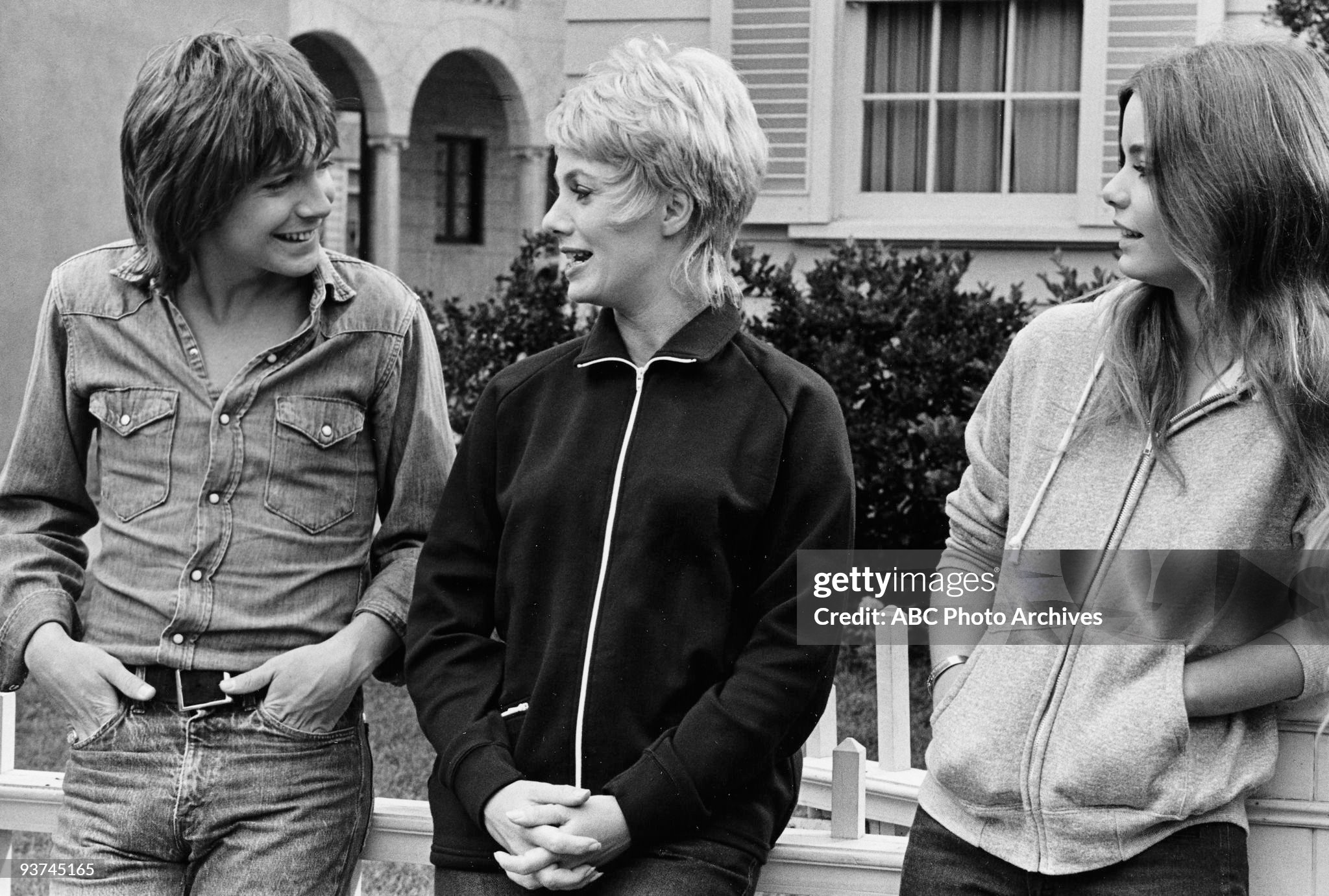
A sweet-natured cover with a steady pulse—The Partridge Family turn “We Gotta Get Out of This Place” from grit and urgency into a neighborly vow to move forward together.
Let’s set the anchors first. “We Gotta Get Out of This Place” appears on The Partridge Family Notebook (Bell, November 1972)—an album cut, not a single. On the original LP it’s part of the Side A sequence and runs just under 3 minutes (about 2:56). The album peaked at No. 41 on Billboard’s Top LPs in January 1973. Unlike most Season 3 tie-ins, this particular track didn’t get a performance slot on the TV series. Wikipedia+1Spotify+1
Of course the title you recognize belongs to The Animals’ 1965 hit, written by Barry Mann and Cynthia Weil. Where Eric Burdon’s version growls with working-class desperation, the Partridge reading arrives with softer light and a friendlier gait—Los Angeles pop craftsmanship poured into a song born in the Brill Building and burnished by British R&B. The intergenerational handshake is part of the charm: the lyric keeps its backbone, the mood shifts from we’ve got to run to let’s find our way.
On paper, the recording crew tells you what your ears feel. Producer Wes Farrell parks the song with the show’s A-team: Hal Blaine on drums; Joe Osborn/Max Bennett on bass; guitars by Dennis Budimir, Larry Carlton, Louie Shelton, Tommy Tedesco; keys from Larry Knechtel and Mike Melvoin; and the Ron Hicklin Singers (the Bähler brothers, Jackie Ward) cushioning David Cassidy’s lead, with Shirley Jones in the blend. Session logs place the track among the May 1, 1972 dates for the album. That’s the sound you hear—precision that never shows off, a rhythm section that reassures more than it insists.
So what changes when a TV-family band covers a Vietnam-era staple? Emphasis. The Animals’ cut throws sparks off the factory floor; the Partridges lean into companionship. Tempo relaxed a notch, guitars chiming more than biting, stacked harmonies stepping in like neighbors who brought a casserole when the day ran long. The refrain becomes less of a shout and more of a pledge—not escapism, but a promise to make a better landing. For listeners who first heard this during the show’s prime, that change still lands gently: the urgency is swapped for a kind of household hope.
Placed on Notebook, the cover also speaks to where the project stood in late ’72. The initial gold-rush was easing; the album itself would be the first Partridge studio set not to crack the Top 40. In that light, recording a well-loved rock standard isn’t just repertoire—it’s a little affirmation that this studio collective could carry heavier cloth without losing its neighborly glow. The LP’s chart line (No. 41) says “respectable”; the track’s feel says “we still have heart.”
Listen closely and you’ll hear the small studio mercies that keep this version aging well: Blaine’s snare a breath behind the beat, Osborn/Bennett’s bass line nudging the bar forward, guitars tossing tiny glints at phrase-ends, harmonies that arrive and recede before they turn syrupy. It’s classic Wes Farrell framing—leave air around Cassidy’s phrasing so the lyric remains the star. The effect isn’t rebellious; it’s resolute. You can practically see the end credits rolling, the garage door sliding up, the station wagon’s taillights pointing someplace better.
For older ears, that’s why this cut lingers. It translates youthful restlessness into grown-up readiness—the difference between slamming a door and deciding which one to open next. It won’t replace the Animals’ landmark; it doesn’t try. It offers a second angle on the same feeling, one that fits a living room as comfortably as a transistor radio did in ’65.
Scrapbook facts, neatly filed: Artist: The Partridge Family. Song: “We Gotta Get Out of This Place.” Album: The Partridge Family Notebook (Bell, Nov. 1972), ~2:56; producer: Wes Farrell; core personnel include Hal Blaine, Joe Osborn/Max Bennett, Budimir/Carlton/Shelton/Tedesco (gtrs), Knechtel/Melvoin (keys), Ron Hicklin Singers; not performed on the TV series. Album peak: Billboard Top LPs No. 41. Songwriters of the original hit: Barry Mann & Cynthia Weil.
Cue it up again and notice how the promise feels now. Not a fire alarm—a porch light. The band isn’t breaking out; they’re heading home, together, one steady chorus at a time.